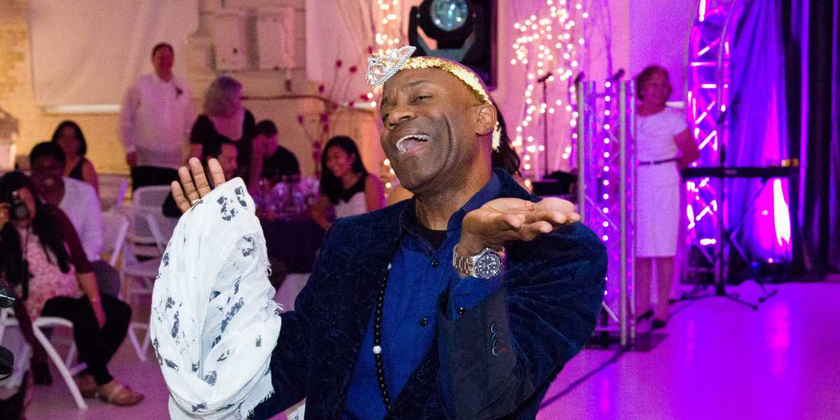In the vibrant world of event production, the spotlight often shines on individual talent. Yet, the most memorable experiences emerge from collaboration and the harmonious blending of diverse skills and perspectives. Whether it’s a concert, a corporate gathering, or a community festival, every successful event is a collective effort. The ability to share the air and the stage with others—be it team members, artists, or even the audience—can transform a standard gathering into an unforgettable experience. Embracing this collaborative spirit not only enhances creativity but also fosters a sense of unity and shared purpose.
The Power of Collaboration
Collaboration is at the heart of successful event planning. When individuals bring their unique talents and ideas to the table, the results can far exceed what any one person could achieve alone. For event producers, this means recognizing the strengths of team members and encouraging them to contribute their insights and expertise.
In practice, this might look like involving a graphic designer in the early stages of planning to ensure that branding elements are cohesive or consulting with sound engineers during the lineup selection process for a music festival. By inviting diverse voices into the planning process, event organizers can cultivate a sense of ownership among team members, which often leads to greater investment in the project’s success.
Elevating Guest Experiences
Sharing the stage doesn’t stop with team collaboration; it extends to how event producers engage with guests. Creating spaces for audience participation can elevate the overall experience and foster a sense of community. This could involve interactive elements such as live polls during a corporate event, audience voting for song selections at a concert, or breakout sessions that allow guests to share their ideas.
These participatory elements not only enrich the event but also acknowledge the importance of the audience’s role in its success. When attendees feel heard and valued, their overall experience improves, leading to positive feedback and repeat attendance for future events.
Navigating Ego and Recognition
One of the challenges of sharing the air and the stage is navigating personal ego and the desire for recognition. In a field where individual accomplishments are often celebrated, it can be difficult to relinquish the spotlight. However, fostering an environment where credit is shared and collective success is prioritized can yield long-term benefits.
Acknowledging the contributions of team members, collaborators, and even guests reinforces a culture of respect and appreciation. Celebrating wins as a collective—not just personal achievements—encourages everyone to bring their best selves to future projects. This shift in perspective can lead to stronger relationships and a more supportive working environment.
Creating Opportunities for Growth
Sharing the stage also involves creating opportunities for growth within the team. Mentorship and knowledge-sharing should be integral parts of the event planning process. Experienced professionals should actively seek to guide and empower newer team members, passing on valuable insights gained from their journeys.
This approach not only strengthens the team’s capabilities but also cultivates a sense of community within the organization. When individuals feel supported and encouraged to develop their skills, they become more invested in the success of their projects, resulting in a positive feedback loop of collaboration and achievement.
The Ripple Effect of Community
Ultimately, sharing the air and the stage extends beyond individual events. The connections made during the planning process can foster a larger community that benefits the entire industry. Collaborations often lead to new partnerships, increased visibility, and a shared commitment to elevating the standard of events.
For instance, relationships formed between vendors, artists, and event producers can create a network that enhances future projects. These connections provide opportunities for sharing resources, exchanging ideas, and supporting one another through challenges. The result is a more vibrant, collaborative industry where creativity thrives and collective success is celebrated.
Embracing Collective Success
In the world of event planning, the ability to share the air and the stage with others is a vital skill. It not only enhances the creative process but also elevates the overall experience for everyone involved. By embracing collaboration, valuing diverse contributions, and fostering a culture of support, event professionals can create unforgettable experiences that resonate far beyond the event itself. To explore more insights on cultivating collaborative success in event production, visit www.doctitus.com.



















